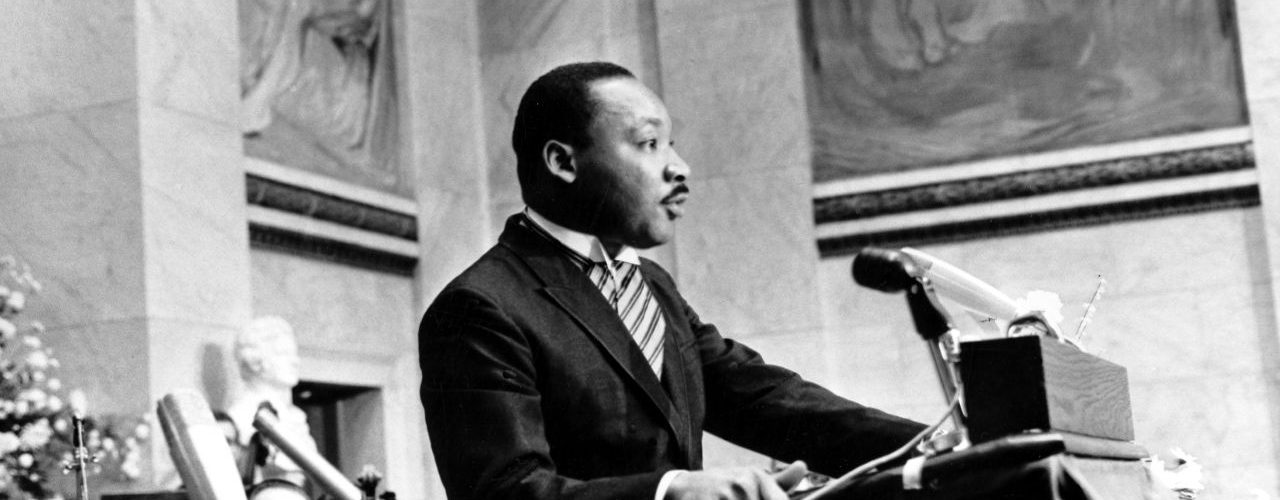Martin Luther King Jr. was a civil rights leader and an American hero. Almost every American adult (95% in CBS News polling) believes he was an important figure in US history.
But it wasn’t always that way. The fact that King is now beloved and has a national holiday commemorating his birthday wasn’t something that obviously was going to happen during his lifetime.
This shows us that often the fight for civil rights is unpopular at the time, and it only becomes popular retrospectively.
During the 1960s, King was a very divisive figure. The last Gallup poll to ask about his popularity during his lifetime, taken in 1966, found his unfavorable rating was 63%. This included 39% of Americans who gave him a -5 rating, on a scale with -5 being least favorable and +5 being most favorable.
King’s highly negative rating came when he had turned his attention from Southern de jure segregation toward de facto segregation in northern cities.
But even before then, King was far from a universally liked person. In the middle of 1964, when Congress was in the midst of passing many landmark civil rights laws, King’s favorable rating was just 44%. His unfavorable rating was basically equal at 38%.
When Americans were asked which three Americans they had the least respect for in a 1964 Gallup poll, King came in second at 42%. This was barely less than the 47% registered by George Wallace, the segregationist governor of Alabama. Only 17% mentioned King’s name, when asked which three Americans they had the most respect for.
Perhaps even more revealing is that a lot of White Americans thought King was doing more harm than good for the fight for civil rights. In a 1966 Harris poll, 50% of White Americans indicated that he was hurting the civil rights effort. A mere 36% said he was helping. King’s favorable rating among them was 27% in 1966.
Black Americans saw things very differently. The vast majority in 1963 thought his work for equal rights was moving at the right speed (71%) or not fast enough (21%) compared with 8% who believed it was happening too fast. In 1966, 84% of Black adults had a favorable view of King, while 4% had an unfavorable view.
Even in the immediate aftermath of his death, many Americans had a negative view of King. Nearly a third (31%) said he brought his 1968 assassination upon himself. Less than a majority (43%) said they were sad (38%) or angry





